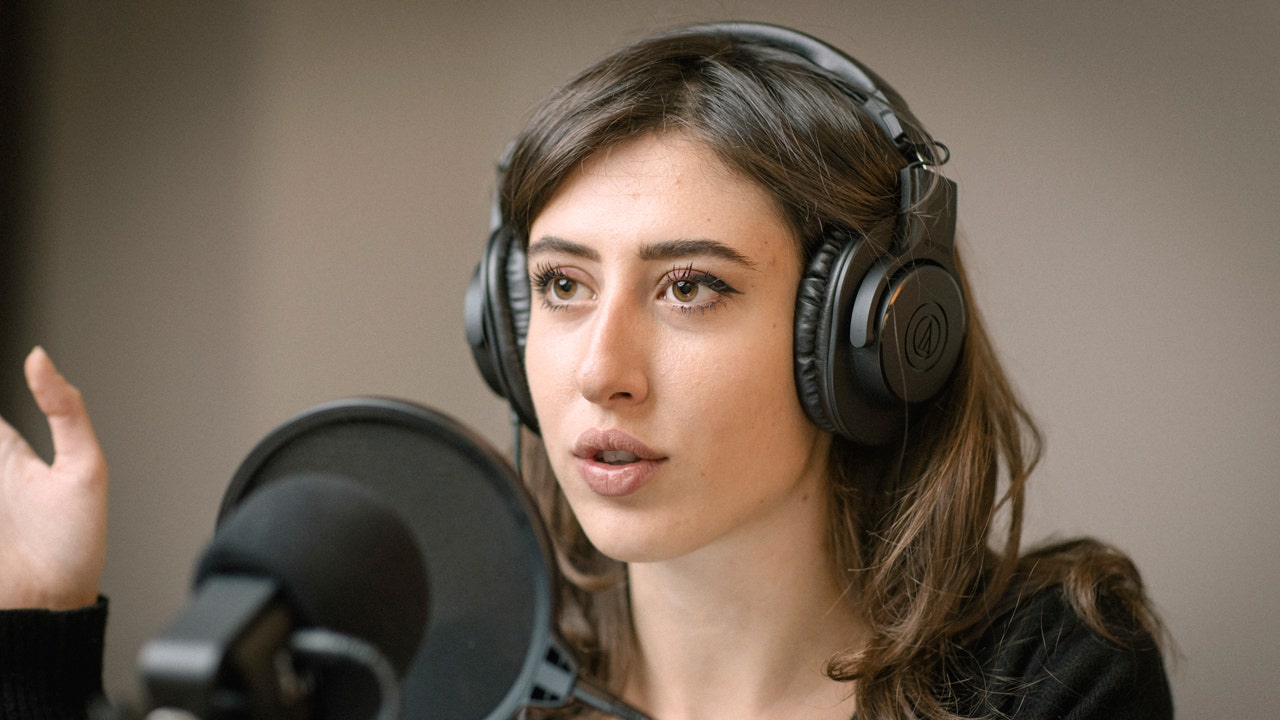Italian journalist Cecilia Sala freed from detention in Iran

Italian journalist Cecilia Sala, who was detained in Iran for three weeks, has finally been released and is on her way back home, according to Italian officials. Sala, a reporter for the Il Foglio daily, was detained in Tehran on December 19, just three days after she arrived in Iran on a journalist visa. She was accused of violating the laws of the Islamic Republic, as reported by the official IRNA news agency.
The release of Sala came after intense diplomatic efforts and negotiations through various channels. Premier Giorgia Meloni’s office confirmed the news of Sala’s release, stating that a plane carrying her had left Tehran. Sala’s parents were personally informed of the good news by the Italian premier.
It was speculated by Italian commentators that Sala’s detention in Iran was a strategic move by the Iranian government to secure the release of Mohammad Abedini, an Iranian engineer who was arrested at Milan’s Malpensa airport on a U.S. warrant. Abedini, along with another Iranian, was accused by the U.S. Justice Department of supplying Iran with drone technology used in an attack in January 2024 that resulted in the death of three American troops in Jordan. Abedini remains in detention in Italy.
The intertwined fates of Sala and Abedini led to complex diplomatic negotiations between Italy, the U.S., and Iran. Sala’s release was met with relief and joy in Italy, where her plight had captured the attention of the nation. Lawmakers praised the successful efforts that led to her safe return.
Italian Foreign Minister Antonio Tanaji and Defense Minister Guido Crosetto commended the diplomatic teamwork that played a crucial role in securing Sala’s release. The case highlighted the delicate balancing act of Italy’s relationships with both the U.S. and Iran.
Iran has a history of using prisoners with Western ties as bargaining chips in negotiations. In the past, Western journalists and citizens have been detained by Iran for extended periods before being released in exchange for concessions. Sala’s release adds to this pattern of political maneuvering by the Iranian government.
The case of Cecilia Sala serves as a reminder of the challenges faced by journalists working in politically sensitive regions. Sala’s ordeal in Iran echoes similar incidents involving Western journalists in the past, such as Roxana Saberi and Jason Rezaian, who were also detained on false charges of espionage.
As Sala reunites with her family and colleagues, her story sheds light on the complexities of international relations and the risks faced by journalists reporting from conflict zones. Her safe return is a testament to the power of diplomatic efforts and the importance of upholding press freedom worldwide.




